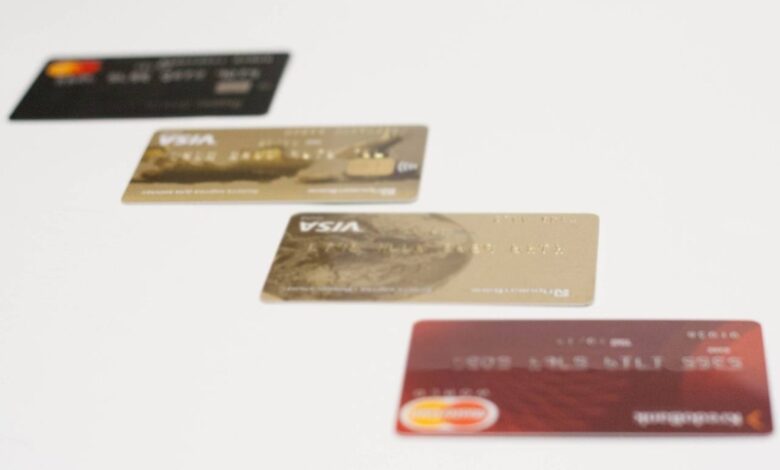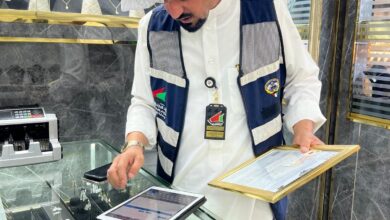
-
There are ongoing discussions between Eng. Omar Al-Omar, the Minister of Commerce and Industry, and Basil Al-Haroun, the Governor of the Central Bank of Kuwait, to regulate cash transactions in the car sales sector. The plan is to require car dealerships and companies to use electronic payment methods, like ‘Knet.’
-
Restricting cash sales helps track funds and verify sources through approved payment methods. Limiting cash sales boosts tax collection by creating an accurate car sales database, easing regulatory challenges.
As part of broader initiatives by the Ministry of Commerce and Industry to enhance Kuwait’s standing in international evaluations of its efforts to combat “money laundering and terrorist financing,” the ministry is working to widen the ban on cash transactions at various points of sale in markets.
In this regard, reliable sources revealed to Al-Rai newspaper that there are ongoing discussions between Eng. Omar Al-Omar, the Minister of Commerce and Industry, and Basil Al-Haroun, the Governor of the Central Bank of Kuwait, to regulate cash transactions in the car sales sector. These discussions aim to eliminate paper-based sales transactions in this industry.
The sources also mentioned that the Minister of Commerce and Industry has addressed the governor regarding the regulation of cash transactions in car sales.
Al-Omar indicated that the current direction is to mandate car dealerships and companies to restrict their payment methods to electronic payment devices, such as ‘Knet,’ for amounts exceeding 1,500 dinars.
Reducing phenomenon of money laundering
The minister added that this supervisory initiative is part of the Ministry of Commerce and Industry’s efforts to implement measures aimed at reducing the phenomenon of money laundering. This issue poses a significant challenge to global economic growth and sustainable development, as it is one of the most dangerous economic crimes due to its negative effects, particularly on the economic cycle of any country.
Al-Omar explained that these practices harm the commercial, economic, financial, and banking sectors due to a lack of awareness about these illegal activities. He emphasized the importance of taking precautionary measures under the umbrella of the Anti-Money Laundering and Terrorism Financing Law No. (39) of 2015.
Al-Omar proposed to Al-Haroun the issuance of a ministerial decision on this matter, in coordination with the Central Bank, based on the Ministry of Commerce and Industry’s proposal. This would allow for the necessary measures to be taken.
He noted that this coordination stems from a commitment to constructive cooperation with all state agencies and institutions, aimed at safeguarding Kuwait’s supreme interests by confronting the complex and intertwined methods used in “money laundering” operations.
The sources also confirmed that banning cash transactions is a significant step towards tightening control over money laundering suspicions, as it closes the loopholes that could be exploited to carry out money laundering operations and inflate accounts.
They pointed out that restricting cash sales allows government agencies to track the movement of funds and verify their sources, the banks involved, and their final destination by limiting payments to methods approved by the Central Bank of Kuwait. This approach also involves cooperation with the Financial Investigation Unit in accordance with the relevant legal standards.
Elevating digital transaction standards
The sources stated that the Ministry of Commerce and Industry aims to develop controls and standards for digital transactions in buying and selling, aligning with global economic and financial developments.
This effort seeks to strengthen protective measures against any suspicions or attempts at money laundering that exploit certain commercial activities, thereby improving its classification with relevant international organizations.
They also noted that regulating cash sales outlets helps regulatory authorities monitor sales and bank transfers, making it easier for government agencies to track the movement of funds, identify their sources, and understand the purposes for which they are intended.
The sources added that limiting cash sales across various sectors also improves tax collection efforts by establishing a comprehensive and accurate database of car sales. This reduces the regulatory challenges that government agencies encounter when purchase amounts in this sector are paid outside the official system.
Prohibited cash transactions
- Real estate transactions.
- Sales in private pharmacies for amounts exceeding 10 dinars.
- Purchases from permanent and temporary exhibitions of all kinds, as well as domestic labor recruitment offices.
- Cash transfers exceeding 3,000 dinars.












